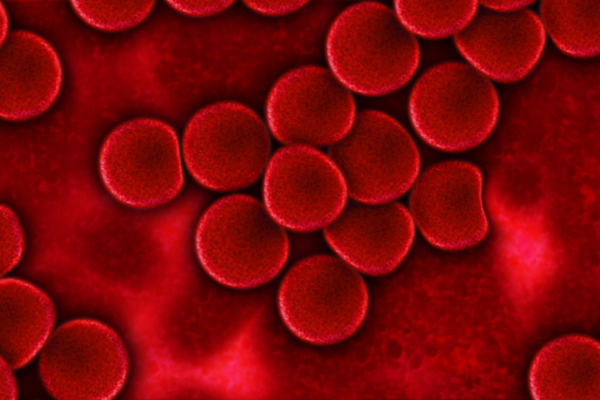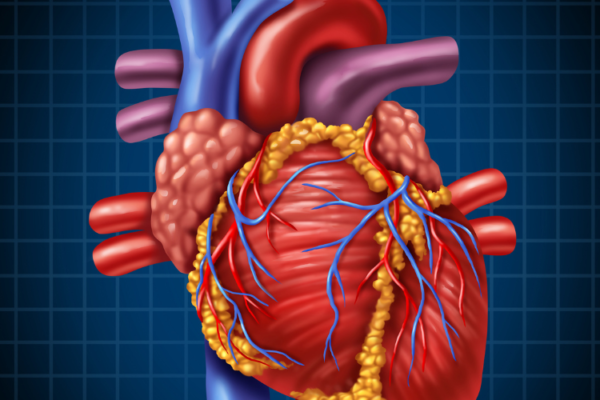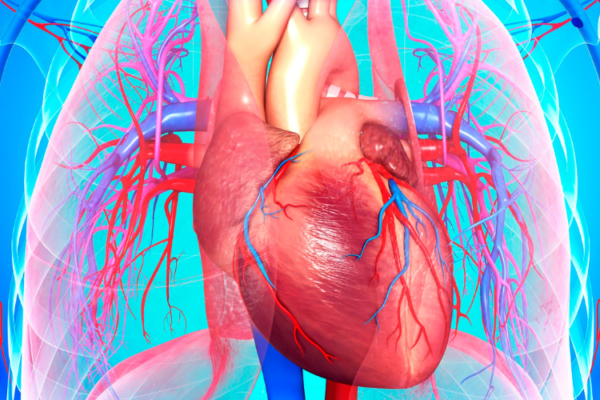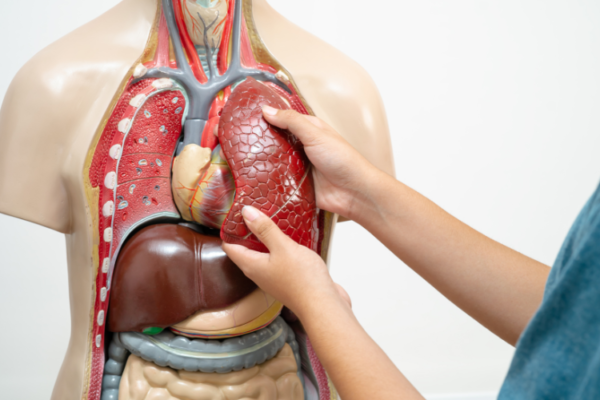
Heart-Healthy Foods: What to Include in Your Diet
Maintaining a heart-healthy diet is essential for supporting cardiovascular health, reducing inflammation, and managing blood pressure and cholesterol levels.

Maintaining a heart-healthy diet is essential for supporting cardiovascular health, reducing inflammation, and managing blood pressure and cholesterol levels.
Blood pressure is one of the key indicators of cardiovascular health. Often referred to as the “silent killer” due to its lack of symptoms, abnormal blood pressure—whether too high or too low—can lead to severe health complications if not properly managed
Cardiovascular diseases (CVDs) are the leading cause of death globally, accounting for nearly one-third of all fatalities worldwide.

The blood is a complex and critical component of human physiology, sustaining life through the transport of nutrients, oxygen, and waste products.

Caring for the heart is essential for maintaining overall cardiovascular health and preventing heart-related diseases.

The heart is a muscular organ roughly the size of a fist, located in the thoracic cavity, between the lungs and behind the sternum.

Circulatory system, is a complex network responsible for the circulation of blood, nutrients, gases, hormones, and waste products throughout the body.

The human body is a marvel of biological engineering, a complex and finely tuned system that functions seamlessly to preserve life in a world filled with challenges and dangers.

The human body is intricately organized into various levels, from atoms to the complete organism. Each level builds upon the previous one, ensuring that all systems and structures are equipped to function optimally

Human anatomy is the branch of biology that focuses on the structure and organization of the human body. It encompasses the study of various body systems, organs, tissues, and cells, as well as their relationships and functions within the body